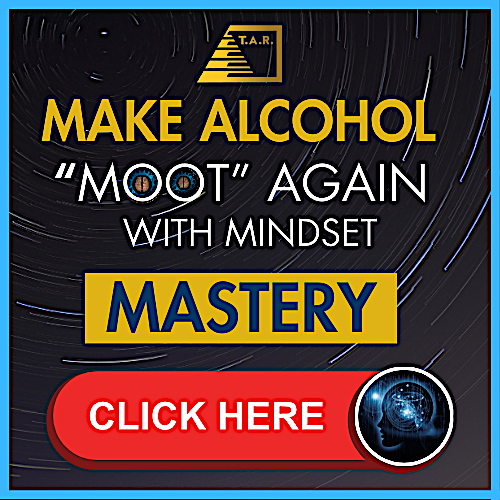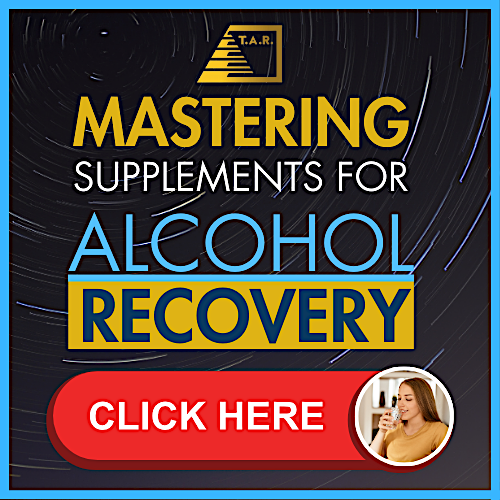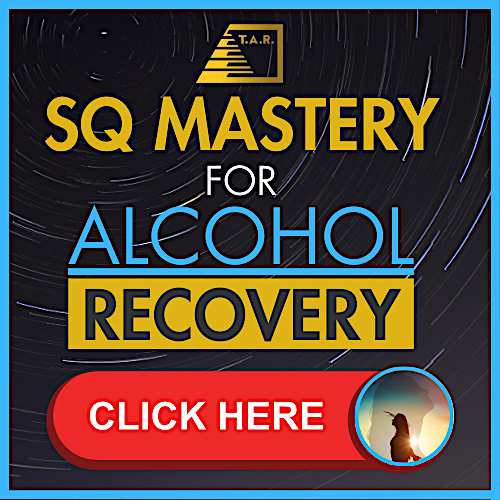
While most of us will never encounter an enemy that requires us to fight off henchmen or escape from huge explosions, everyone in recovery is up against a metaphorical version of what haunts James in this film. His enemy is cunning, sophisticated, pervasive – “everywhere,” in the words of a former nemesis in the movie. It has been with him since day one, and it has been toying with him and anticipating confrontation for a long time. “What took you so long?” If my alcoholism were a person, it would have asked me the same thing before subjecting me to the torture of withdrawals.
But James summons the courage to walk directly into danger’s den, expecting pain but determined to emerge victorious. Perhaps he has some semblance of a Higher Power – a loyalty to England, but more specifically a commitment to principle, an obligation to maintain his integrity by protecting those he cares about from an evil force bent on destroying them along with him. And I think this is a struggle that we can all relate to.
Much has been made of Daniel Craig’s dark, gritty, and physically rugged portrayal of the classic super spy. His superb conditioning, while obviously incompatible with the amount of booze his character sucks down on a regular basis, perfectly compliments 007’s mental toughness. When I hit the gym early on in my recovery, I knew that I was toning my body and spirit for a lifelong battle with an enemy I might never completely eliminate.
But today, as I reflect on the events of the past few years, I see my enemy relegated to the shadows. He writhes in the dark, while I busy myself with passionate pursuits, fruitful relationships, and dreams for the future that once seemed lost. I will remain vigilant, but I feel no need to declare permanent victory.
Why? Because I’ve got better things to do.
This is the essence of recovery, in my experience. Rediscover your passion for life, which might have been long lost, and develop it until it occupies your spirit. Don’t give up, and you will eventually feel it flowing through that special place in your mind, that spiritual nucleus formerly saturated by your obsession with your enemy.
Allow yourself to privately acknowledge the heroic nature of your struggle. But never permit yourself to proclaim it. This is not about elevating the world’s perception of you – it is about taking pleasure in your own integrity, and thereby summoning the will to protect those you care most about. Your thoughts must never be, “People should know this is difficult” – but rather, “I am succeeding in this struggle, and I am good.”
Take pride in your recovery. Give yourself credit for every day that you succeed. And then, when you develop enough strength, give your all to those passions and people who are truly worthy of you.
Author
-
Chris Scott founded Fit Recovery in 2014 to help people from around the world dominate alcohol dependence and rebuild their lives from scratch. A former investment banker, he recovered from alcohol dependence using cutting-edge methods that integrate nutrition, physiology, and behavioral change. Today, Chris is an Alcohol Recovery Coach with dozens of private clients, the author of a short book called Drinking Sucks!, and the creator of an online course called Total Alcohol Recovery 2.0.
View all posts









Chris,
I am so glad I found a few short days ago. This post is so profound, so humble and simply beautiful.
Thank you Velvet!